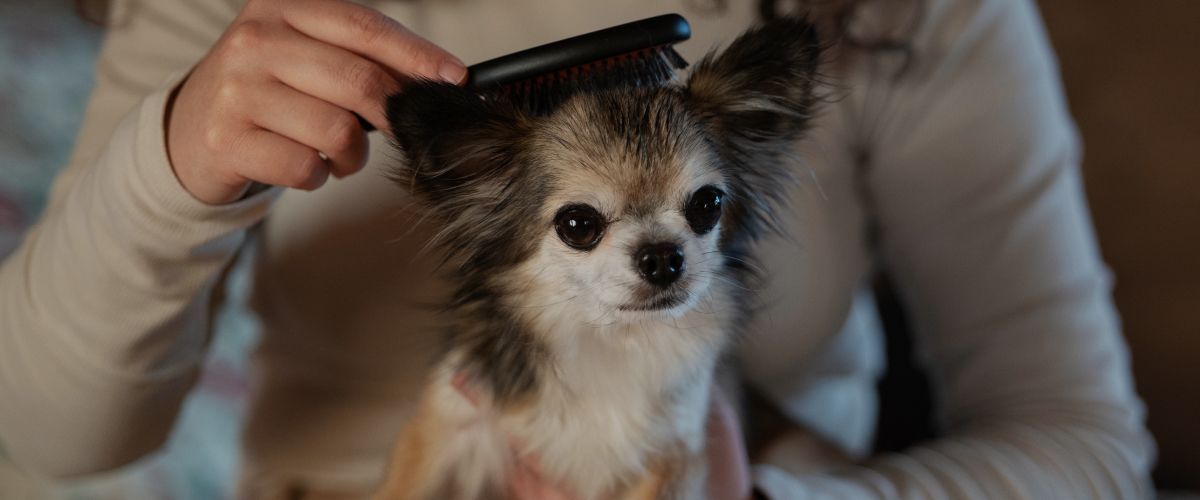Learn about Savannah
Introduction
Savannah cats are a mesmerizing breed that blends the wild allure of the African serval with the domestic charm of a house cat. Their striking spotted coats, long legs, and large ears give them an unmistakable resemblance to their wild ancestors. But beyond their beauty, these cats boast an intelligent and playful nature, making them fascinating companions.
The Origins of Savannah Cats
The Savannah cat breed originated in 1986 when a Bengal breeder crossed a male African serval with a domestic cat. The result was an elegant, hybrid feline with a unique temperament. Over the years, selective breeding has led to various generations, each with distinct physical and behavioral traits.
Savannah cats are classified by their filial generation (F1, F2, F3, etc.), which indicates how many generations they are removed from their serval ancestor. F1 Savannahs have a high percentage of wild DNA, making them more exotic and energetic, while later generations (F3 and beyond) exhibit more domestic tendencies.
Unique Physical Characteristics
One of the most defining features of Savannah cats is their distinctive coat pattern, typically golden with black spots, similar to a cheetah. Their lean, muscular bodies and long legs make them one of the tallest domestic cat breeds. Their large, expressive ears are another signature feature, contributing to their exotic appearance.
Temperament and Personality
Savannah cats are known for their high intelligence and dog-like behaviors. They can be trained to walk on a leash, play fetch, and even respond to commands. These cats are also highly active, requiring plenty of stimulation through play and interactive toys.
While they are affectionate with their owners, Savannahs may be wary of strangers. Early socialization is crucial to ensure they develop into well-adjusted pets. Their energetic nature means they thrive in environments where they have ample space to explore and climb.
Care and Maintenance
Caring for a Savannah cat requires dedication. Here are key considerations:
- Diet: A high-protein diet, often including raw or premium wet food, is recommended to meet their nutritional needs.
- Exercise: These cats need daily physical and mental stimulation. Cat trees, puzzle feeders, and outdoor enclosures can help keep them engaged.
- Grooming: Their short coats require minimal grooming, but regular brushing can help maintain their shine and reduce shedding.
- Healthcare: Routine vet visits are essential. Some Savannah cats may require specialized veterinary care due to their exotic lineage.
Are Savannah Cats Legal?
Before adopting a Savannah cat, it’s important to check local regulations. Some states and countries have restrictions on owning hybrid cats, particularly F1 and F2 generations, due to their wild ancestry.
Conclusion
Savannah cats are an extraordinary breed, combining the grace of the African serval with the affection of a domestic feline. Their intelligence, energy, and striking appearance make them ideal pets for experienced cat owners willing to provide the necessary care and attention. If you’re considering a Savannah cat, be prepared for an engaging and rewarding companionship unlike any other.
The post Learn about Savannah appeared first on Angelpaw.







